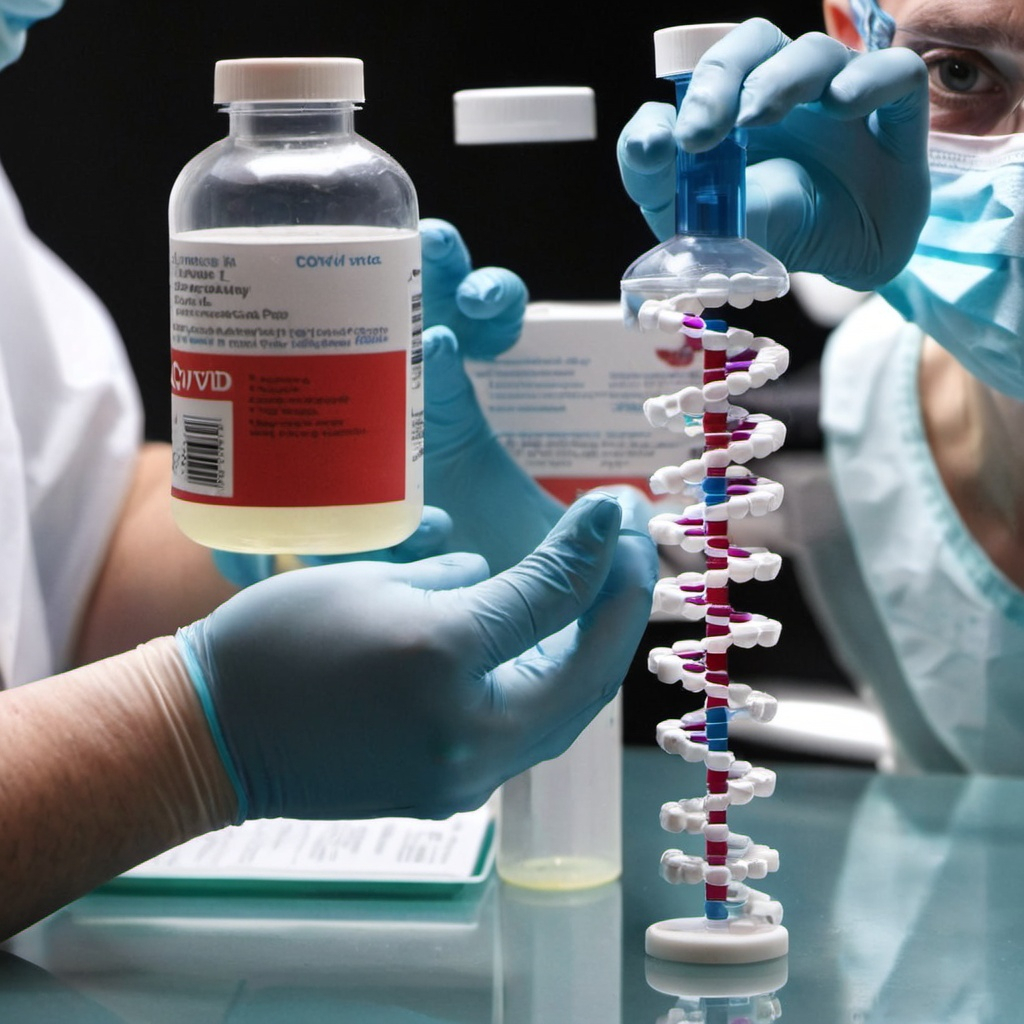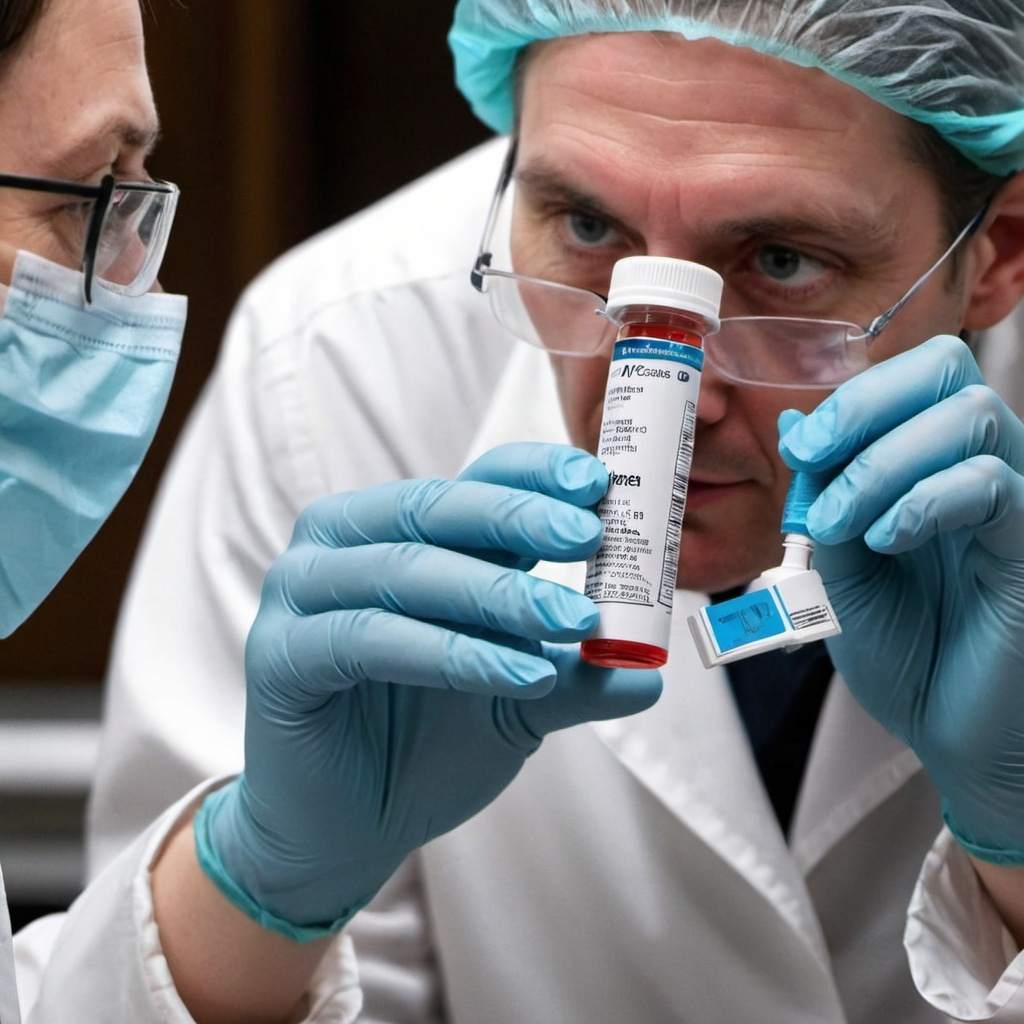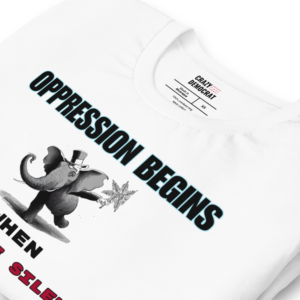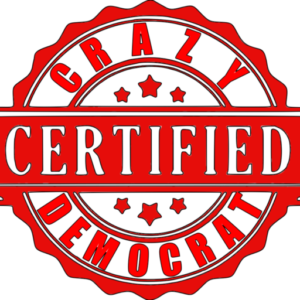
Health Canada’s recent confirmation of DNA contamination in Pfizer COVID vaccines has sent shockwaves through the medical community and the general public alike. This revelation, coming to light after a period of uncertainty and speculation, has intensified existing concerns surrounding vaccine safety and transparency. The acknowledgment of DNA contamination has underscored the need for thorough investigation into the potential ramifications, both immediate and long-term, of such contaminants in widely administered vaccines.
The announcement by Health Canada has sparked a wave of controversy, fueling debates about the integrity of vaccine manufacturing processes and the adequacy of regulatory oversight. Many individuals and experts have raised questions about how such contamination could have occurred and why it was not disclosed earlier by Pfizer. This lack of transparency has eroded trust in the pharmaceutical industry and regulatory agencies, prompting calls for greater accountability and transparency moving forward.
Moreover, the revelation has reignited concerns about the safety of COVID-19 vaccines and their potential long-term effects on human health. The presence of DNA contamination, particularly the Simian Virus 40 (SV40) promoter, has raised alarms among researchers and health professionals due to its known association with cancer risk. The implications of such contamination for public health and safety cannot be overstated, necessitating urgent and comprehensive investigation.
In response to the revelation, there have been widespread calls for further research into the potential long-term effects of DNA contamination in Pfizer COVID-19 vaccines. The scientific community is eager to understand the extent of the risk posed by these contaminants and their potential impact on individuals who have received the vaccines. Additionally, there is a growing consensus among experts that robust surveillance and monitoring systems must be implemented to track any adverse reactions or health outcomes associated with DNA contamination.
Overall, Health Canada’s confirmation of DNA contamination in Pfizer COVID-19 vaccines has sparked a pivotal moment in the ongoing discourse surrounding vaccine safety and transparency. It serves as a reminder of the critical importance of rigorous oversight and transparent communication in the development and distribution of vaccines. Moving forward, it is imperative that regulatory agencies, pharmaceutical companies, and public health authorities work together to address these concerns and prioritize the health and well-being of the population.

Controversy Surrounding DNA Contamination in Pfizer COVID Vaccines
The revelation of DNA contamination in Pfizer’s COVID-19 vaccines has sparked intense controversy and debate. Despite Pfizer’s initial failure to disclose this contamination, Health Canada has now acknowledged the presence of DNA, including the Simian Virus 40 (SV40) promoter, within the vaccines. This acknowledgment has raised significant concerns about the transparency of the vaccine manufacturing process and the reliability of information provided to regulatory agencies and the public.
Furthermore, the controversy has prompted discussions about the potential repercussions on public trust in vaccine safety. Many individuals are questioning the transparency of pharmaceutical companies regarding the ingredients and composition of their products. The lack of disclosure by Pfizer has exacerbated these concerns, highlighting the need for greater transparency and accountability in the pharmaceutical industry.
The controversy surrounding DNA contamination also underscores the vital importance of rigorous oversight and independent verification of vaccine safety data. There is a pressing need for regulatory agencies to thoroughly assess and monitor vaccine safety, ensuring that any potential risks are promptly identified and addressed. This includes transparent reporting of adverse events and comprehensive evaluation of vaccine components to uphold public confidence in vaccination programs.
Moreover, the controversy has reignited debates about the effectiveness of existing regulatory frameworks in safeguarding public health. Many are calling for regulatory reforms to strengthen oversight mechanisms and enhance transparency in the pharmaceutical industry. By implementing stricter regulations and ensuring timely disclosure of critical information, regulatory agencies can bolster public trust and confidence in vaccine safety.
Overall, the controversy surrounding DNA contamination in Pfizer’s COVID-19 vaccines serves as a wake-up call for the need for greater transparency, accountability, and regulatory reform in the pharmaceutical industry. It highlights the importance of prioritizing public health and safety above all else and underscores the critical role of regulatory agencies in safeguarding the well-being of the population.

Concerns Rise Over Undisclosed DNA Contamination in Pfizer COVID Vaccines
Health Canada’s admission of DNA contamination in Pfizer’s COVID-19 vaccines has catalyzed widespread concern and debate among experts and the public alike. The discovery of SV40, a known carcinogen, has ignited fears about the potential fusion of foreign genetic material with the human genome, raising urgent questions about vaccine safety and regulatory oversight.
Furthermore, the initial failure of Pfizer to disclose the presence of SV40 and other DNA elements in their vaccines has highlighted significant gaps in regulatory transparency and accountability. This revelation underscores the critical need for enhanced surveillance measures to promptly detect and address potential contaminants, thereby restoring public trust in vaccine safety and efficacy.
Moreover, alongside the immediate health risks associated with DNA contamination, there are lingering apprehensions regarding long-term consequences. Concerns have emerged about the potential integration of DNA fragments and the subsequent development of autoimmune disorders and chronic ailments, necessitating comprehensive research and ongoing monitoring efforts to assess and mitigate these risks.
In response to these challenges, there is a growing consensus on the importance of transparency and collaboration among stakeholders involved in vaccine development and regulatory processes. By fostering open communication and rigorous oversight, regulatory agencies, pharmaceutical companies, and public health authorities can work together to ensure that vaccines meet stringent safety standards and uphold public trust in vaccination programs. Through concerted efforts to address concerns and implement robust surveillance measures, stakeholders can uphold the integrity and effectiveness of COVID-19 vaccination initiatives, safeguarding global health and well-being.

Experts Warn of Potential Long-term Effects of DNA Contamination in Pfizer COVID Vaccines
Experts Warn of Potential Long-term Effects of DNA Contamination in Pfizer COVID Vaccines
The confirmation of DNA contamination in Pfizer’s COVID-19 vaccines has sparked significant concern among experts and the public alike. The presence of the Simian Virus 40 (SV40) promoter and other DNA sequences in the vaccines raises serious questions about potential long-term health effects.
Experts caution that the integration of foreign DNA, such as SV40, into the human genome could have far-reaching implications for human health. SV40, known for its association with cancer, poses a particularly concerning risk if it becomes integrated into the genetic makeup of vaccinated individuals. Additionally, the presence of other DNA sequences in the vaccines raises concerns about the possibility of adverse reactions and unforeseen health consequences.
Furthermore, the lack of comprehensive studies on the safety of mRNA vaccines exacerbates these concerns. While mRNA technologyc offers promising advancements in vaccine development, the potential risks associated with DNA contamination highlight the need for thorough research and surveillance. It is essential to understand the full extent of the risks posed by DNA contamination and take proactive measures to mitigate any adverse effects.
In response to these concerns, experts emphasize the importance of transparency, accountability, and independent oversight in vaccine development and approval processes. Regulatory agencies, pharmaceutical companies, and public health authorities must work together to address public concerns and ensure that vaccines meet rigorous safety and efficacy standards.
To restore confidence in vaccination programs, it is crucial to prioritize public health and safety by conducting comprehensive investigations into DNA contamination in COVID-19 vaccines. Only through collaborative efforts and robust monitoring can we safeguard the well-being of individuals and communities worldwide.
-
“FOUR MORE YEARS” President Trump’s State of the Union T-Shirt
$17.99 – $30.00 $ -
“Go Back To California!” Uncle Sam Political T-Shirt – www.CrazyDemocrat.com
$24.95 – $29.95 $ -
“I may be crazy…But at least I’m not a Democrat”
$48.00 – $52.50 $ -
“Nice Shot, Asshole.” Donald Trump Glossy Coffee Mug
$10.00 – $11.00 $ -
Biden Blockers Case for AirPods®
$25.00 $ -
BIDEN HAS SNAPPED SNAP CASE | www.CRAZYDEMOCRAT.com
$18.00 $ -
FOUR MORE YEARS Trump Embroidered Champion Packable Jacket
$49.00 – $52.00 $ -
How to Solve the Border Crisis – www.CrazyDemocrat.com
$10.00 $ -
I May Be Crazy But at Least I’m Not a Democrat Hoodie
$48.00 – $52.50 $






































